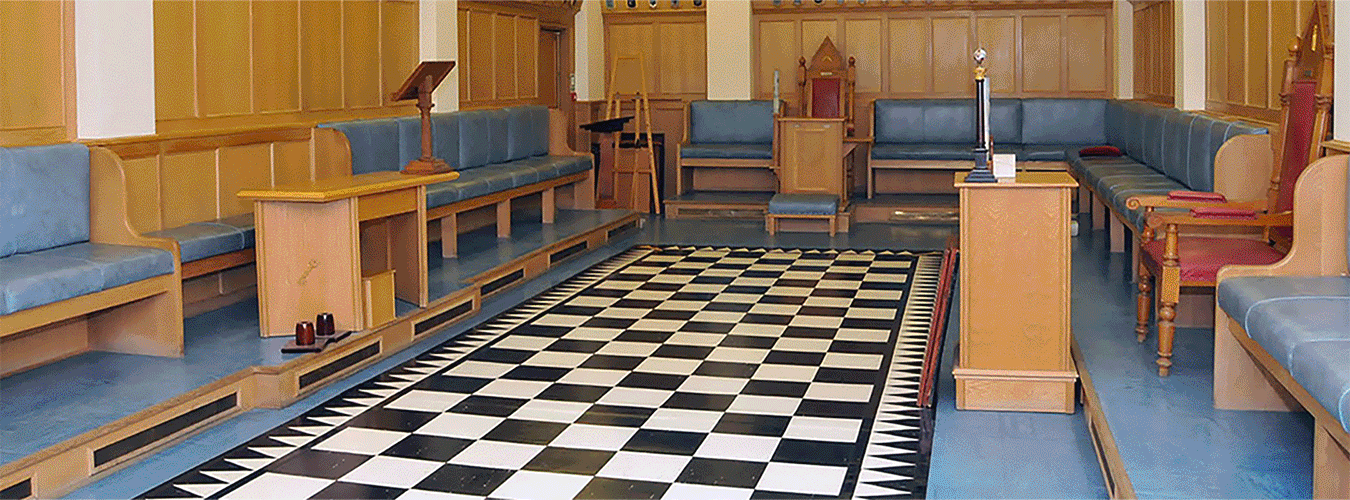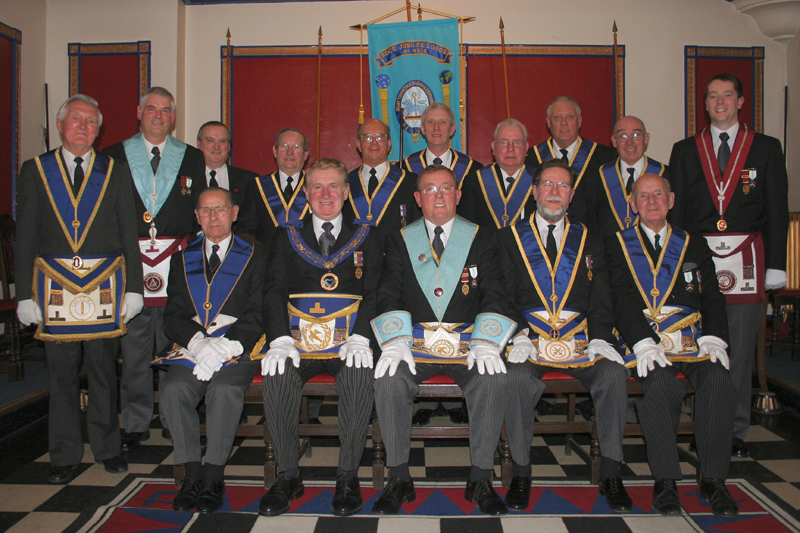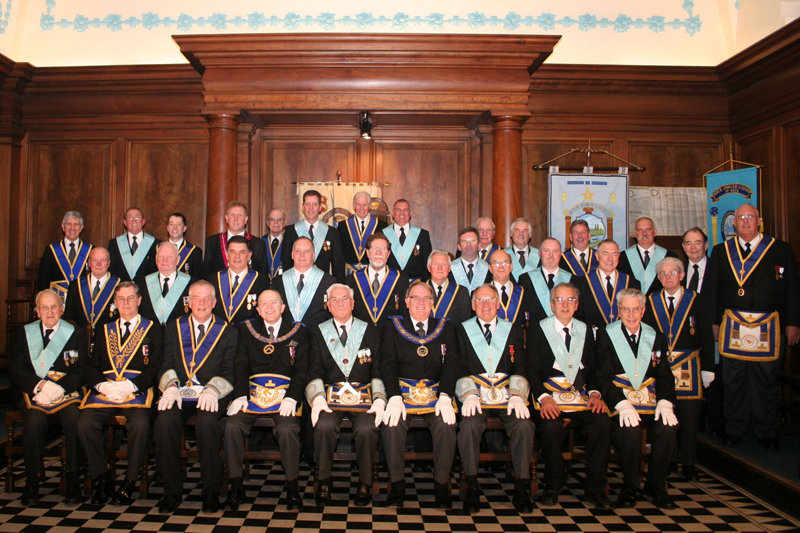One step at a time
Like every journey, to become a Freemason, you need to take the first step. A step that takes you through a voyage of discovery, not just about Freemasonry, but also about yourself. As a Mason you become part of a worldwide, diverse and inclusive fraternity.
There are three steps to become a Master Mason each of which is celebrated with a special ceremony. Starting as an Entered Apprentice, they usually take one or two years,.
The United Grand Lodge of England (UGLE) oversees lodges in England, Wales, the Isle of Man and the Channel Islands as well as some Districts overseas, whilst Scotland and Ireland – and many other countries as well as the States of the USA – have their own Grand Lodges.
For a man to be eligible to join he must be 18 or over regardless of ethnicity, political views, economic standing or religion, although he is expected to have a faith.
If you require more information or if you would like to be contacted by someone from a local lodge, please fill in the contact details below.
Frequently Asked Questions
Most frequent questions and answers
Freemasonry is one of the world’s oldest and largest non-religious, non-political, fraternal organisations. Its members are drawn from all walks of life regardless of race, creed, colour or social status and share a common bond of friendship and fraternity as Freemasons.
A lodge meeting has a similar structure to the meeting of any other society or organisation. Like those groups the meeting is open to members and covers areas such as minutes of the previous meeting, proposal of new members, Masonic news and correspondence and news about charitable work. The Chairman of the meeting is known as the Master who is in office for a year. Additionally, the meetings may also involve ceremonies for the admittance of new members or perhaps the installation of the Master of the Lodge and his officers.
Yes. Whilst membership of the United Grand Lodge of England is, and has always been, restricted to men, women Freemasons in England have two separate Grand Lodges, both of which are restricted to women.
For more information, please contact the Honourable Fraternity of Ancient Freemasons [HFAF] and the Order of Women Freemasons [OWF]
Lodges under UGLE practise three degrees; Entered Apprentice, Fellow Craft and Master Mason, known together as ‘the Craft’. There is also a sister order know as the Royal Arch whose lodges are called Chapters. To join this, you have first to become a Master Mason.
You are most welcome to contact us at the Provincial Grand Lodge of Cheshire for further information about the organisation by using the contact form below.
The precise origins of Freemasonry have been lost in time, however, its traditions date back to the Middle Ages and to the stone masons who built the cathedrals and castles of Europe. For the construction of these structures, Masons needed considerable knowledge of geometry, arithmetic and engineering. These highly skilled masons formed themselves into Lodges to protect the skills and secrets of their trade and to pass on their knowledge to worthy apprentices. Organised Freemasonry started in England with the formation of the Grand Lodge (now UGLE) in 1717.
Absolutely not. Any such action could result in disciplinary action being taken against those involved. In fact, on joining each new member is expected to confirm that he expects no material gain from membership.
Yes, in fact in 2017 Freemasons across the UK gave a total of £46m to charitable causes with the Province of Cheshire donating £500,000 locally as part of the organisation’s 300-year celebrations. All of this money is collected from Freemasons or their families; Freemasons do not solicit donations from the general public. About half of this money supports Freemasons and their dependents through Masonic charities but significant grants are provided to non-Masonic organisations locally, nationally and internationally such as Air Ambulances, Hospices, Medical Research and Disaster Relief.
Originally stonemasons wore aprons to protect them and their clothes from their working practices. These days the wearing of regalia is for historical and symbolic reasons and, like a uniform, indicates the rank of the individual in the organisation.
As with most organisations there is a one-off joining fee and an annual lodge subscription to cover its running costs. Each meeting is usually followed by a dinner, the cost of which is dependent on the venue. However, while attendance at the dinner is encouraged as this supports the social aspects of Freemasonry, it is not compulsory. While attending the meetings Freemasons are expected to wear a dark suit, shirt with a white collar and a tie and in due course he will need to buy his own regalia. Members are invited to donate to charity, but this should always be within their means and it is entirely up to each man how much he wishes to contribute. Costs vary from lodge to lodge, particularly for dining. These and the other costs will be made clear by lodge members before any commitment to join is expected.
Interested in finding out more?
If you would like to get more information on any aspect of Freemasonry, or are interested in joining, please contact the following email in the first instance and someone will get back to you.




